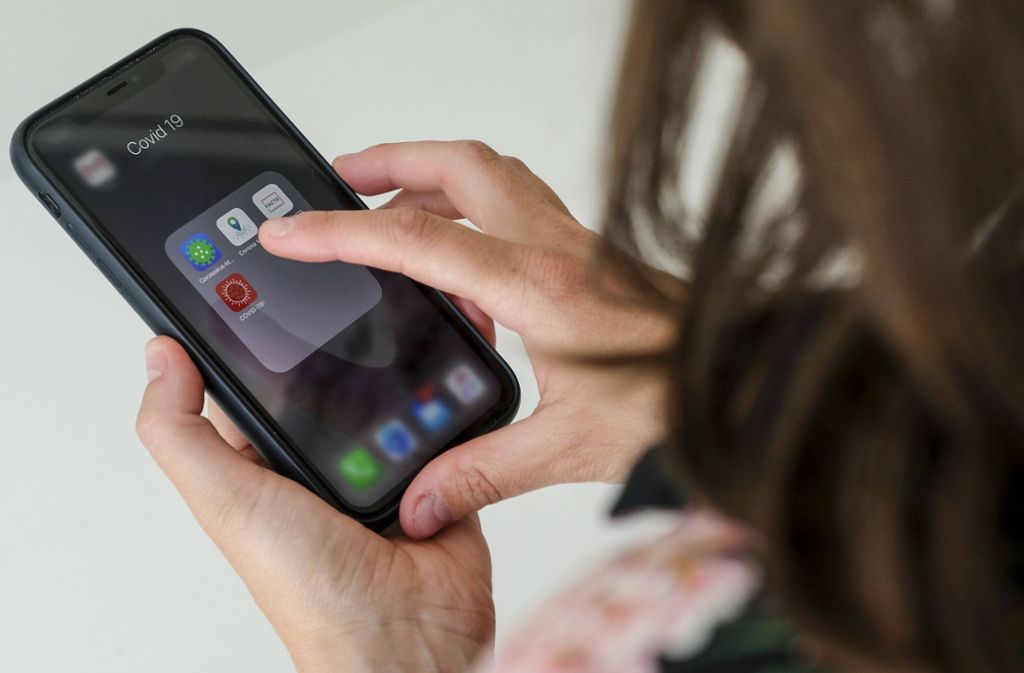The number of new cases in Belgium has dropped under 1,000 but several hundreds of people continue to be infected every day. Until now almost around 47,000 people have been infected and the mortality rate per 100.000 inhabitants is the highest in the world.
To start easing the lockdown restrictions from next week, more testing and effective contact tracing is necessary. Belgium is, however, lagging behind with reaching its testing goal and the planned manual contacting system will likely not be in place in time.
The Flemish Minister for Welfare, Wouter Beke, admitted on 29 April that the recruitment of 1,200 “corona detectives” in Flanders has been delayed. “Hopefully, we will be ready by 11 May, for the next phase,” he said.
Every day counts
A study on digital contact tracing (16 April) by the University of Oxford demonstrated that almost half of all transmissions occurred before anyone showed symptoms. The research team also estimated that delaying contact tracing by even a day from the onset of symptoms could make the difference between epidemic control and coronavirus resurgence.
To respond to this, the team rapidly conceptualised a simple mobile contact tracing app to help control the spread of coronavirus, save lives and ease the population out of lockdown. The simulations confirm that if around half the total population use the app, alongside other interventions, it has the potential to stop the epidemic and help to keep countries out of lockdown.
Related News
- Contact tracing: Brussels to start test phase on 4 May
- Contact tracing: Flemish corona detectives 'hopefully' ready by 11 May
- Contact tracing will be 'at full capacity' on 11 May in Flanders
“Our results suggest a digital contact tracing app, if carefully implemented alongside other measures, has the potential to substantially reduce the number of new coronavirus cases, hospitalisations and ICU admissions,” said Professor Christophe Fraser.
“We can stop the epidemic if approximately 60% of the population use the app, and even with lower numbers of app users, we still estimate a reduction in the number of coronavirus cases and deaths,” he added. He estimates that one infection will be averted for every one to two users.
Commission’s toolbox
In fact, several EU member states are already considering digital contact tracing according to a technical report published by the European Commission on 15 April. The report is part of a common EU toolbox for member states to support the Commission’s roadmap to phase out the lockdown restrictions in a coordinated way.
“Contact tracing is normally carried out manually by public health authorities,” said the report. “This is a time-consuming process where cases are interviewed in order to determine who they remember being in contact with from 48 hours before symptom onset and up to the point of self-isolation and diagnosis. Longer contact duration and closer proximity mean a higher risk of infection.”
Such manual processes rely on the patient’s memory and obviously cannot trace individuals who have been in contact with the patient but are who are unknown to him/her.
Roll-out of digital tracing
In the Commission’s view, digital tracing will be the main tool and is expected to be rolled out on a large scale. “Manual contact tracing will continue to play an important role, in particular for those, such as elderly or disabled persons, who could be more vulnerable to infection but less likely to have a mobile phone or have access to these applications”.
A Commission spokesperson told The Brussels Times that “tracing apps can be very useful to trace infection chains and stop the virus from spreading if they are used voluntarily and respect data protection, privacy, security and interoperability.”
“The Commission is carefully looking into the technological development of these apps. While it will be ultimately for member states to choose their apps, it is essential that all these apps respect the requirements, including on interoperability, and the high privacy and data protection standards set out in the Toolbox and the Commission guidance.”
Voluntary use
According to the Oxford study, there seems to be a high acceptance among the public for an app. Initial surveys in five countries carried out by a team of behavioural economists suggest that 74% of users would be likely to install a contact tracing app for coronavirus in the UK, and between 68% - 86% in France, Germany, Italy and the USA.
But Belgium is hesitant and divided on applying digital tracing. Federal minister Philippe De Backer, head of the task force against the spread of the coronavirus, claimed in an interview on 23 April that an app is not necessary and he wants to focus on manual tracing. According to De Backer it would not be feasible to convince 60 % of the population to install the app.
Professor Steven Van Gucht, the spokesperson of Sciensano, was more positive in an interview on 27 April for The Brussels Times. “Contact tracing should start already in May, as soon as possible,” he said. While the main method of tracing would be manual in his view, a mobile phone application will be a complimentary method. “I’ll recommend the use of an application but it cannot be sufficient.”
M. Apelblat
The Brussels Times

